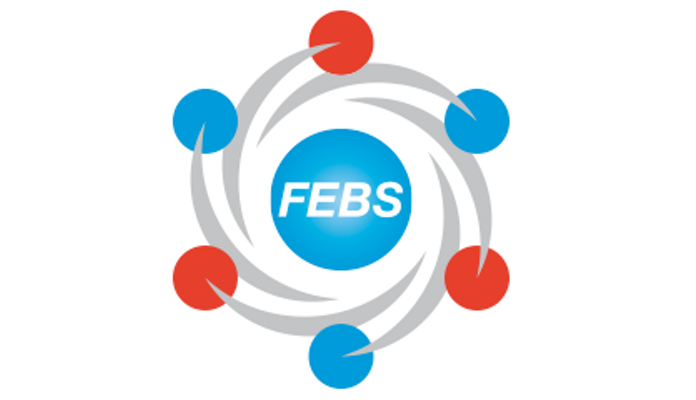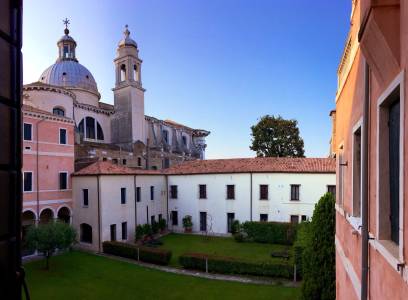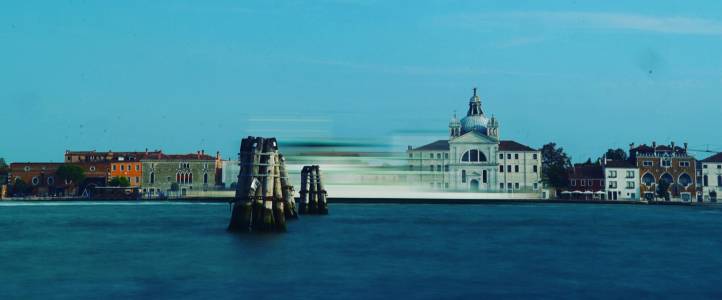About the EMBO-FEBS Lecture Course
The concept of “characters” lies at the heart of many central issues in evolutionary biology. Characters distinguish taxa, cause fitness differences, and generally are the fundamental units of comparison for studies of phenotypic evolution. Historically, the concept of characters originated in morphology and comparative anatomy, where it was intimately connected to the issue of homology. At the same time, characters in evolutionary genetics have been understood as the effective dimensions along which a population is evolving. Both the more historical and functional conceptions of biological characters presuppose that phenotypes are modular enough that it makes sense to compare or model parts of organisms directly rather than whole organisms. Today, the notion of characters or traits is increasingly used to describe dynamic lower-level phenomena such as metabolic, physiological, and developmental processes. This raises a number of challenging but interesting conceptual issues. How can we define characters or traits when the object under study is a process? Is it possible to modularize regulatory mechanisms into quasi-independent characters? What light can contemporary systems biology shed on the partitioning of the phenotype into characters? We do not yet have answers to these important questions.
We have gathered a select group of empirical investigators and theoreticians from the fields of biochemistry, physiology, developmental biology, and evolutionary biology together with mathematical modelers, and philosophers of biology to discuss how characters can be defined, identified, and characterized in the age of integrative systems biology. Is it still useful to talk about characters? And if so, what should the concept incorporate to guide research in the right direction? Evolutionary biology lies at the very heart of biology. Therefore, this topic is relevant far beyond its boundaries. Properly tackling it requires the kind of transdisciplinary exchange of ideas and approaches we are planning to implement in this course.
The summer school is mainly aimed at early-stage (PhD or postdoc) empirical and theoretical researchers with a general background and/or interest in developmental and/or evolutionary biology. More senior investigators are welcome to apply as well. Exceptions can be made for motivated masters students. Participants of previous Venice Summer Schools in Evo-Devo are expressly encouraged to reapply as this course has an entirely different topic than previous editions. The course will equip participants with the conceptual tools to engage in a productive discussion of the notion of “characters,” and to relate this notion to their own research questions and explanations.
About EMBO Courses and Workshops
EMBO Courses and Workshops are selected for their excellent scientific quality and timelines, provision of good networking activities for all participants and speaker gender diversity (at least 40% of speakers must be from the underrepresented gender).
Organisers are encouraged to implement measures to make the meeting environmentally more sustainable.
About FEBS and the FEBS Advanced Courses programme
As a grass-roots organization FEBS provides a voice to a large part of the academic research and teaching community in Europe and beyond. The FEBS Advanced Courses programme provides grants to expert scientists to organize courses that bring together researchers working in a similar research area, for training, updates, and networking. FEBS collaborates with EMBO, and other organizations, to co-fund some of these courses. You can learn more about FEBS here.







